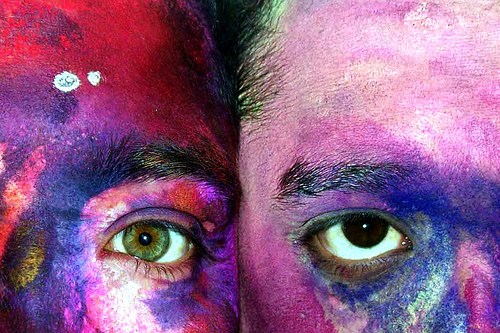Whenever you hear the words “summer camp,” the image that comes to mind is probably a row of cabins beside a lake with a campfire somewhere as well as a huge lodge where food was served to a group of rowdy kids. Today, summer camp could mean a whole host of things. There are science and nature camps, academic adventure camps, photography camps, yoga camps, crime scene forensics camps, and tech camps. And then there are language camps. Language camps can probably be found all over the United States to meet the growing demand to be multilingual. But that’s not all. There are immersion language camps to be found all over the world such as French language summer camp.

What are those? Well, these are not your average summer camps. Since these are considered full immersion camps, this means that the child goes abroad to the country where the foreign language is the native tongue – i.e. French in France, Japanese in Japan, Chinese in China. The child is taught by native speakers who are also professional teachers. He or she eats the food of that culture, talks to the people of that culture, and tours the land of that culture. And with some institutions such as the Centre International D’Antibes in France, the child lives with a host family vetted by the school to help them immerse even more. They are able to practice their language skills with native speakers at all times which makes learning the language much easier. As an added bonus, they are able to interact with people of different nationalities.
Sounds like a lot of trouble and money just to learn a foreign language. Is it really worth it? Yes, it is. There are numerous advantages to being bilingual. According to science, being bilingual can result in a higher I.Q., improved memory, improved reasoning, cognitive flexibility, higher-order thinking, improved multitasking, improved reading and writing, improved math skills, and more flexible viewpoints. Learning to speak another language gives you a better perspective of that particular culture. You become a more globally aware individual. In the workplace, it is an added advantage. There are more job opportunities open to you because of your language skills.
That all sounds fine and dandy. But why should you send your kid out into the world just for that? He could do it when he’s older, right? According to some scientists, starting the language learning early has some added benefits. The child develops denser gray matter in the brain. They become better communicators, more respectful of differences, and able to communicate more effectively with others who have a different background.
Now, there are immersion programs in the US so why shouldn’t you just enroll your kid in that? No sense going around the world for something that’s being offered in your backyard. Well, you could do that. But according to Barbara Lust, a developmental psychology and linguistics expert and director of the Cornell Language Acquisition Lab, the best way to quickly become proficient in a language similar to that of a native speaker is to be in a situation where the language surrounds you. And while immersion camps in the US are all well and good, nothing beats learning it with the natives. So what are your kids doing this summer?



Leave a Reply